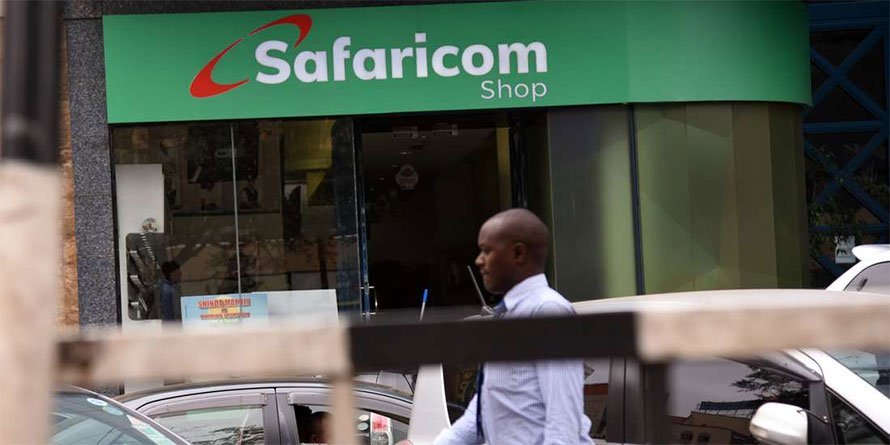A Safaricom Shop in Nairobi. FILE PHOTO | NMG The value of unused airtime and data bundles purchased by Safaricom customers has more than doubled to Sh2.1 billion on introduction of non-expiry option last year, giving a glimpse into how much customers were losing.
The telco says the airtime and bundles —disclosed in financial reports as unutilised resources—jumped from previous year’s Sh0.9 billion to hit Sh2.1 billion, a 133.3 percent rise, at the end of March.
The rise is due to last year’s October 23 decision to offer customers non-expiry airtime and data bundles, following a public outcry that had ended up in court.
“During the year the group introduced the no expiry products under the Neo theme to ensure customers get value for what they buy. As a result, the value of unutilised resources increased,” says Safaricom in its annual report.
The figure gives a sneak peek into how much unused airtime and data bundles customers were losing from their wallets prior to the launch of non-expiry option.
A further rise in the figure is likely to be seen in the current financial year given that the surge relates to just five months that the non-expiry product was in place. The telco says that it only recognises this amount as revenue once the customer uses the airtime or data bundles. The practice is in line with the International Financial Reporting Standard (IFRS) 15, that gives guidance on how and when to recognise revenue.
“On purchase, the billed amount is deferred and revenues only recognised when the service is rendered as either voice or SMS,” says Safaricom.
Lawyer and ICT practitioner Adrian Kamotho had October last year sued telecoms operators Safaricom, Airtel and Telkom Kenya over the expiry of data and loss of unused internet bundles.
The three telcos responded with introduction of non-expiry airtime and data bundles even before the case had been decided.
Demand for non-expiring products was also seen in South Africa where the telecom regulator in February issued new rules that demand operators must let customers roll over unused data.
Vodacom, which owns 35 percent of Safaricom, was forced to backpedal on its plan to charge customers to roll over expiring data following outrage from consumers.Safaricom also defers revenue on the Bonga Point plan, a scheme that it introduced in January 2007 to give subscribers one point for every Sh10 spent.The telco treats the points as a liability or deferred income in its books and […]
